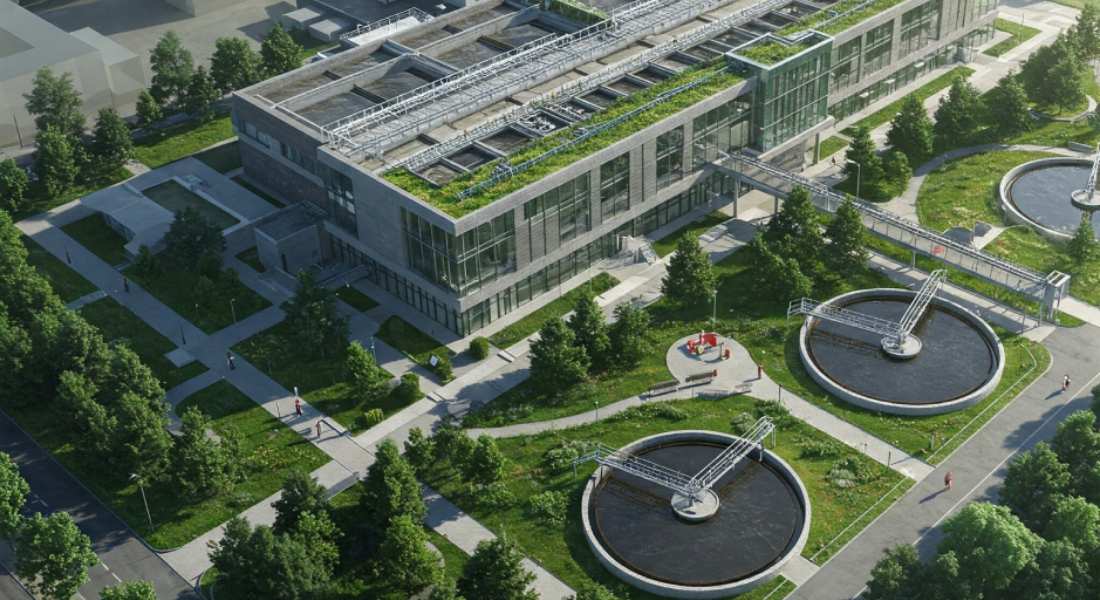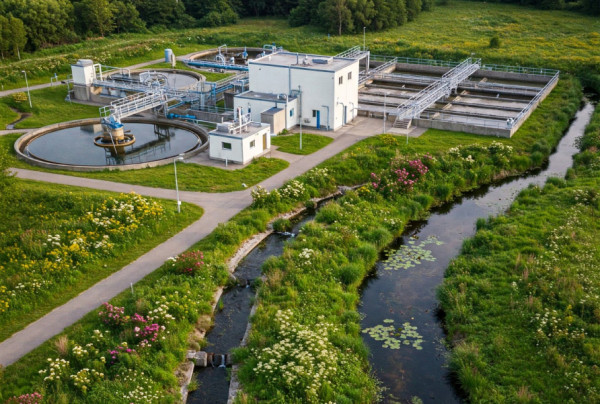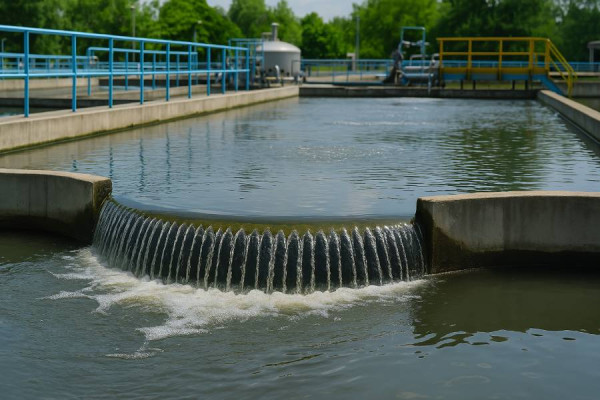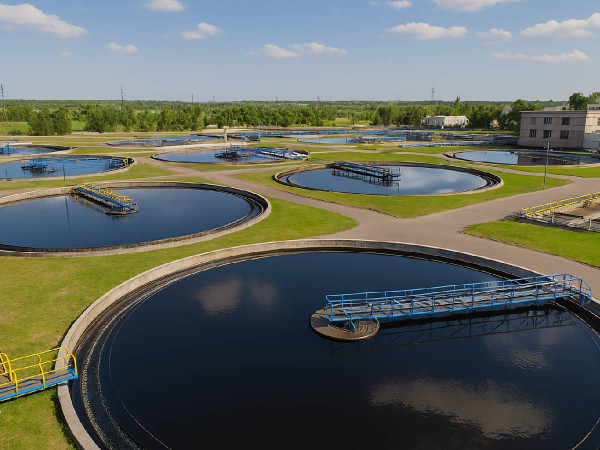News & Blogs
Waste Water Treatment and Urban Planning: Why It Matters More Than Ever

The rhythmic pulse of urban life brings with it unprecedented challenges, and at the forefront is the ever-increasing demand on our water resources and the management of the wastewater we generate. For a nation like Nepal, with its rapidly growing urban centers, the synergy between effective wastewater treatment and thoughtful urban planning isn't just a matter of convenience – it's a fundamental necessity for public health, environmental sustainability, and the overall well-being of our communities.
In the past, perhaps wastewater management was an afterthought in the grand scheme of urban development. Today, however, ignoring this critical link is no longer an option. Here's why the integration of wastewater treatment and urban planning matters more than ever:
Safeguarding Public Health:
Untreated wastewater is a breeding ground for pathogens, posing severe risks to public health through waterborne diseases. As urban populations concentrate, the potential for widespread outbreaks escalates dramatically. Proactive urban planning that incorporates robust wastewater collection and treatment infrastructure is the first line of defense in protecting the health of our citizens. This includes strategically locating treatment plants, designing efficient sewage networks, and ensuring proper maintenance.
Protecting Precious Water Resources:
Nepal is blessed with significant water resources, but these are increasingly under pressure from urbanization, industrial growth, and climate change. Efficient wastewater treatment allows us to reclaim and reuse water for various purposes, such as irrigation, industrial processes, and even non-potable urban uses. Integrating this perspective into urban planning reduces our reliance on freshwater sources and promotes a circular water economy.
Ensuring Environmental Sustainability
Discharging untreated or inadequately treated wastewater into rivers and water bodies has devastating consequences for aquatic ecosystems. It leads to pollution, disrupts biodiversity, and can render these vital resources unusable. Responsible urban planning mandates the inclusion of wastewater treatment solutions that meet stringent environmental standards, preserving the natural beauty and ecological balance of our landscapes.
Fostering Sustainable Urban Growth
As cities expand, the demand for housing, infrastructure, and services grows in tandem. Planning for wastewater treatment from the outset ensures that this growth is sustainable and doesn't compromise the quality of life for future generations. Allocating land for treatment facilities, designing infrastructure corridors, and implementing green infrastructure solutions for natural wastewater filtration are integral parts of forward-thinking urban development.
Enhancing Economic Prosperity
Investing in modern wastewater treatment infrastructure can have significant economic benefits. It creates employment opportunities in construction, operation, and maintenance. Furthermore, a healthy environment and a healthy population are essential for attracting investment and fostering economic growth in urban areas. Clean water resources also support vital sectors like agriculture and tourism.
The Way Forward for Nepal:
For civiltech.com.np and the broader urban development community in Nepal, the focus must be on:
- Integrated Planning: Promoting a holistic approach where wastewater management is considered an intrinsic part of urban development plans from the initial stages.
- Investing in Infrastructure: Prioritizing investments in modern and efficient wastewater treatment technologies and infrastructure.
- Capacity Building: Developing the technical expertise and human resources needed to design, implement, and manage wastewater treatment systems effectively.
- Community Engagement: Raising awareness among citizens about the importance of wastewater management and encouraging responsible practices.
- Policy and Regulation: Implementing and enforcing robust policies and regulations that ensure effective wastewater treatment and environmental protection.
The challenges of urbanization are complex, but by recognizing the vital link between wastewater treatment and urban planning, Nepal can pave the way for healthier, more sustainable, and more prosperous urban futures. It's not just about treating waste; it's about investing in the well-being of our communities and safeguarding our natural heritage for generations to come.



